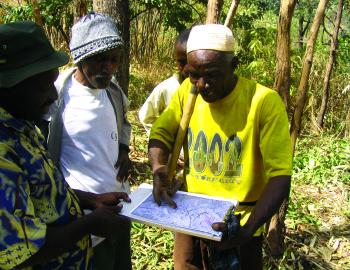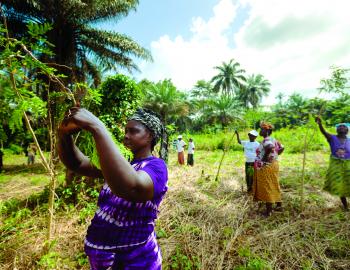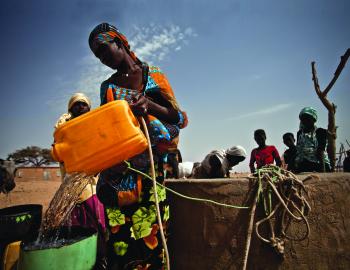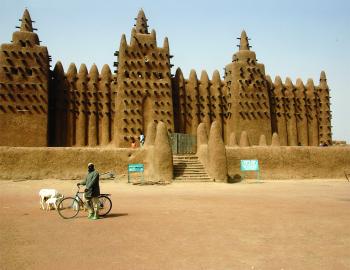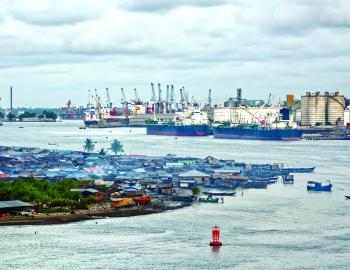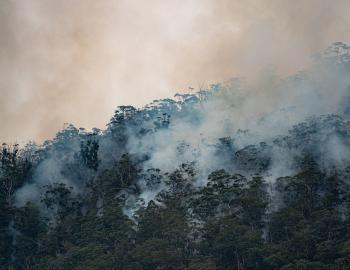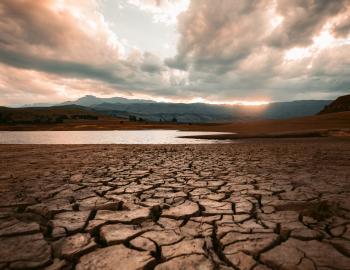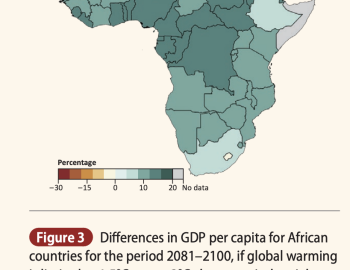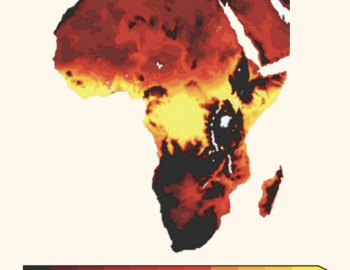West Africa
West Africa
The IPCC’s Sixth Assessment Report: What’s in it for West Africa?
This factsheet highlights:
- How West Africa’s climate is already changing
- West Africa’s future climate
- Climate change impacts we have already seen in West Africa
- Future climate risks in West Africa
- West Africa’s potential to adapt
- Key investment areas for a climate-resilient West Africa
Explore the factsheet, along with free-to-use images and infographics, below.
Image of Farmers in Guinea using an aerial map to plot agroforestry in the Nialama Classified Forest.
Courtesy of USAID
Image of a rural women’s cooperative in Guinea harvests vitamin-rich Moringa trees, which support biodiversity and prevent soil erosion.
Courtesy of UN Women via Flickr
Image of a woman refilling her bucket from a well in Natriguel, Mauritania.
Courtesy of Oxfam International via Flickr
Image of the Great mud mosque, Mali.
Courtesy of Ruud Zwart via Wikicommons
Image of an African town on the riverside.
Courtesy of Igor Grochev via Shutterstock
Image of forest fire
Courtesy of Matt Palmer via Unsplash
Cracked brown soil.
Courtesy of redcharlie via Unsplash
Differences in GDP capita for African countries for the period 2081-2100, if global warming is limited to 1.5°C versus 2°C above pre-industrial temperatures
Courtesy of CDKN
Increase in the number of days per year with severe heat stress for global warming of 3.75°C above pre-industrial levels (1850–2100).
Courtesy of CDKN

